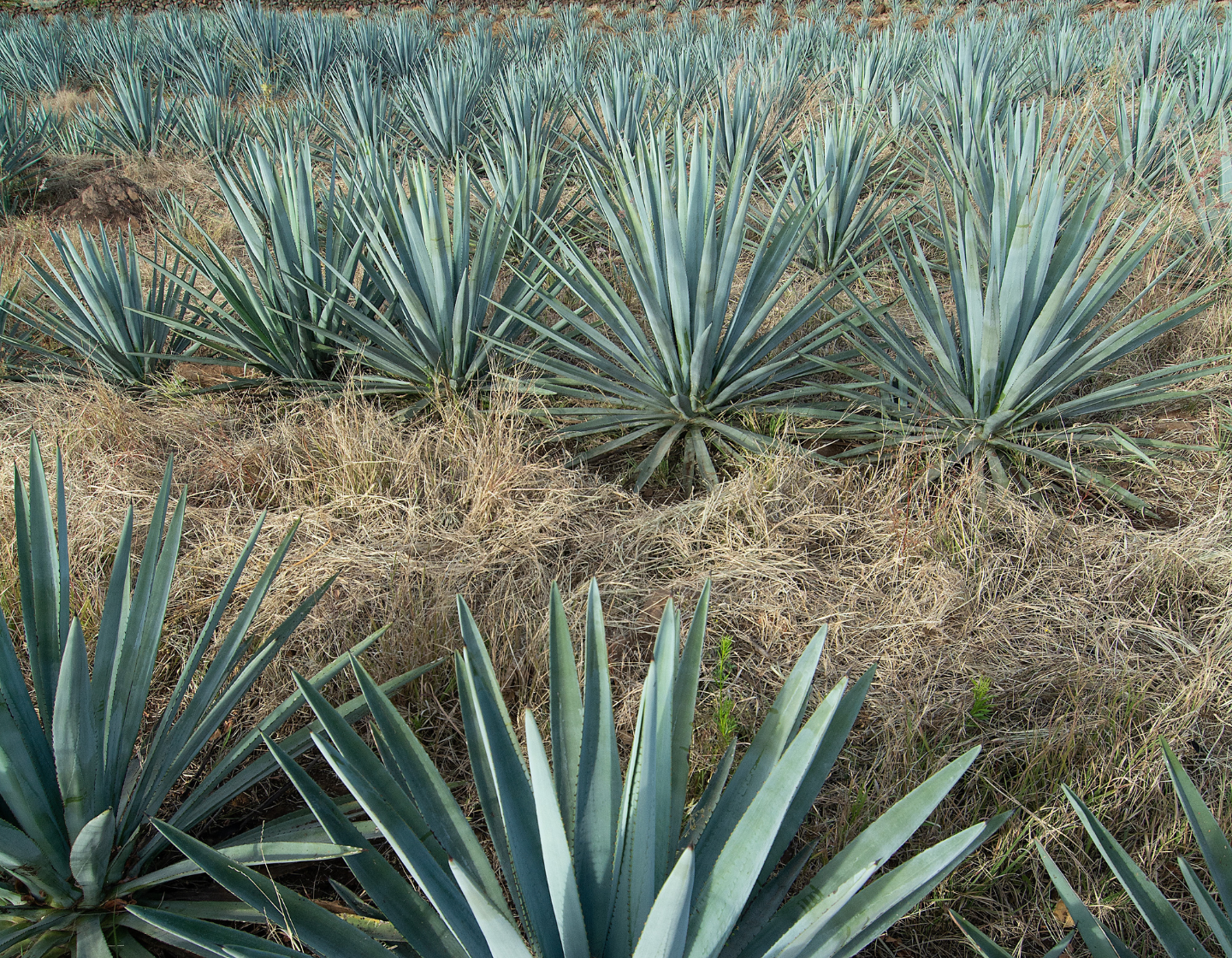
Tequila: History and Production
Step into the world of tequila and learn more about its storied history, production process, premium expressions, and innovative cocktails.
Estimated Read Time: 5 Minutes
What is Tequila?
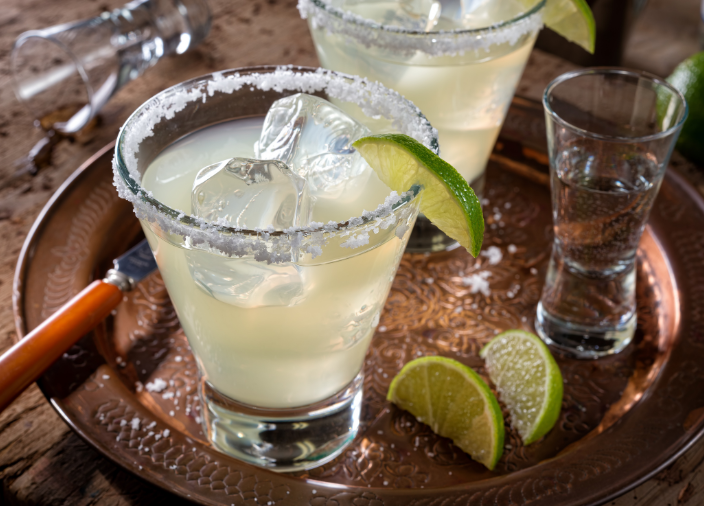
What is Tequila?
Tequila is a distilled spirit made form (and only from) the Blue Weber Agave. It’s the plant’s heart; the piña, that holds the power.
The History of Tequila
Centuries ago, legend has it that a bolt of lightning struck an agave plant in an agave field, setting it ablaze. The heat caused a natural fermentation process, resulting in a sweet liquid known as "pulque." Pulque quickly gained sacred status among indigenous people and was used in spiritual rituals due to its unique origins, extraordinary taste, and mystical aura.
The arrival of the conquistadors in 1519 introduced the country to new distillation techniques and copper stills (the first on the continent). The Spanish explorers discovered they could distill agave to produce a more potent spirit beginning the transition from pulque to a drink they referred to as "Mezcal Wine from Tequila." As the distillate gained in popularity, the name "Tequila" emerged, a testament to its origin region.
Tequila Regulation and Recognition
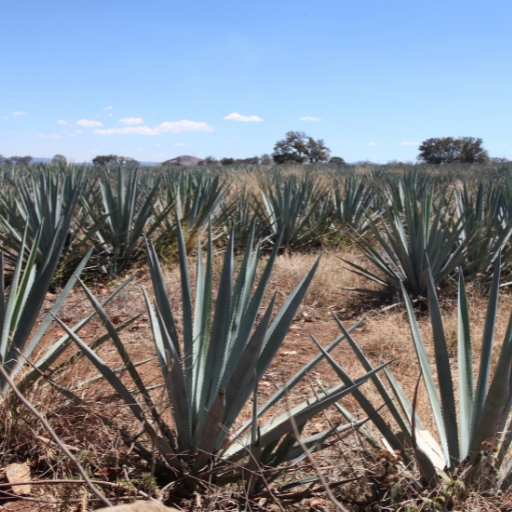
Tequila Regulation and Recognition
In 1944, the Mexican government established regulations for tequila production to ensure quality and authenticity. Innovators like Don Julio González played a crucial role in defining industry standards and protecting the spirit's name from foreign imitators.
Crafted by Community: The Heart Behind Diageo Tequilas
The Agave
The agave plant is endemic to Mesoamerica and has grown in Mexican soil for more than 10,000 years.
More than 200 species exist, but since 1964, tequila can only be made with the Agave Tequilana Weber Azul.
The blue Weber has a distinctly sweet flavor in comparison to other species of agave and grows into large succulents with spick fleshy leaves that can reach over six feet in height, distinguished by their green-blue hue.
Agave plants reach maturation at around five years old.
The Eight Steps of Tequila Production
Producing tequila is a truly distinctive blend of art and science, with craftsmanship and knowledge equally significant to the process. Tequila is a protected name, and it is made exclusively in five Mexican states: Jalisco, Nayarit, Guanajuato, Michoacan, and Tamaulipas.
Harvesting: The process starts with harvesting blue agave plants, which take around 6-10 years to mature. The piña, or heart of the agave plant, is the part used for tequila production.
Cooking: Jimadors remove the leaves and cook the harvested piñas to convert the starches into fermentable sugars. Traditionally, they are baked in stone ovens called "hornos." In modern distilleries, they may be cooked in autoclaves (drum-like pressure cookers).
Shredding and Extracting Juice: After 24 to 48 hours in the oven, the softened piñas are shredded to extract their sweet juice (Aguamiel) using mechanical shredders or crushed using traditional methods like the Tahona wheel, a large stone wheel pulled by a mule.
Fermentation: The extracted juice, or "aguamiel," is transferred to fermentation tanks and yeast is added to converts the sugars into a low-alcohol liquid called "mosto." Distillers can use up to 49% of other fermentable sugars (usually molasses or corn-base syrup) as part of their 'Mosto (wort) formulation. If blue Weber agave is the only source of sugar used, the tequila produced is labelled 'Tequila 100% Agave'.
Distillation: Using a combination of column and pot stills (or, traditionally, only pot stills), after the first distillation, a flavorful clear spirit called Ordinario is collected at 20 to 25% ABV. However, tequila must be distilled at least twice, and the second distillation will refine the spirits further at around 55 to 75% ABV.
Further Distillation (optional): Producers of higher-quality tequilas will aim for lower strengths to retain agave flavors and characteristics. Triple distillation in tequila is rare but does exist.
Maturation (Reposado/Añejo/Extra Añejo): Tequilas are categorized on how long they have been aged (or not). The type of cask used may be new or previously aged with tequila or other spirits. Size of cask will vary based on how much oak influence is preferred and the type of tequila. The most common will be ex-Bourbon cask.
Bottling: According to Mexican regulation, a tequila can be bottled between 35 to 55% ABV. This is slightly different for the export market (U.S. 40% min ABV, Europe 37.5% min ABV). Additives such as caramel coloring, sugar and oak extracts may be used in limited quantities for all categories except Blanco Tequila. Tequila 100% Agave must be bottled within the five Tequila regions.
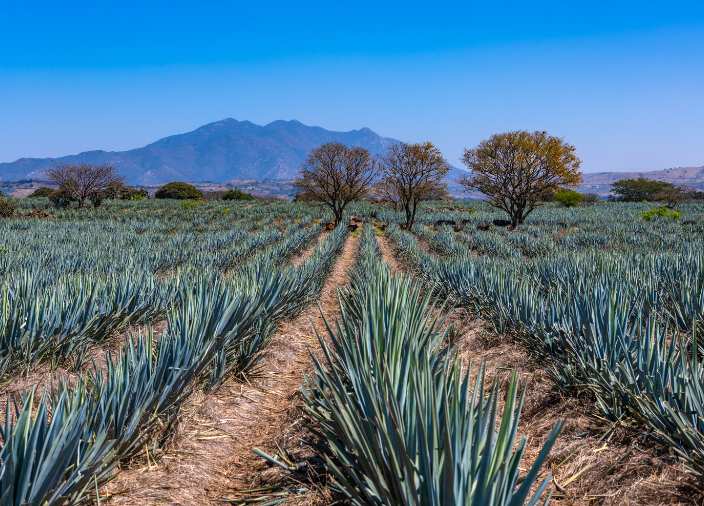
Types of Tequila
The following categories will apply to both tequilas made from a minimum of 51% blue Weber agave and 100% agave:
Blanco/Silver/Plata Tequila: A clear (but not necessarily colorless) spirit aged for up to 60 days with vegetal, earthy agave notes.
Joven/Gold Tequila: Joven (young) or oro (gold) tequila is generally basic tequila with additives such as coloring and flavorings. Exceptions include blending silver tequila with reposado, añejo and muy añejo tequilas whilst retaining the 100% de Agave classification.
Reposado Tequila: Reposado (rested) tequila must be matured in American oak or Encino oak cask for at least 60 days. The casks used impart oak and caramel flavors and give a distinctive golden hue, as well as softening the agave characteristics.
Añejo Tequila: Tequila like Don Julio Añejo is aged for a minimum of 1 year, often in bourbon or French oak casks, resulting in darker, hearty spirit that entertains a balance of agave and wood flavors.
Muy Añejo tequila – Muy Añejo (Ultra Aged) tequila must be aged for a minimum of 3 years in cask with a maximum capacity of 600 liters. This softens the spirit with notes of caramel, vanilla, and oak and makes it ideal for sipping.
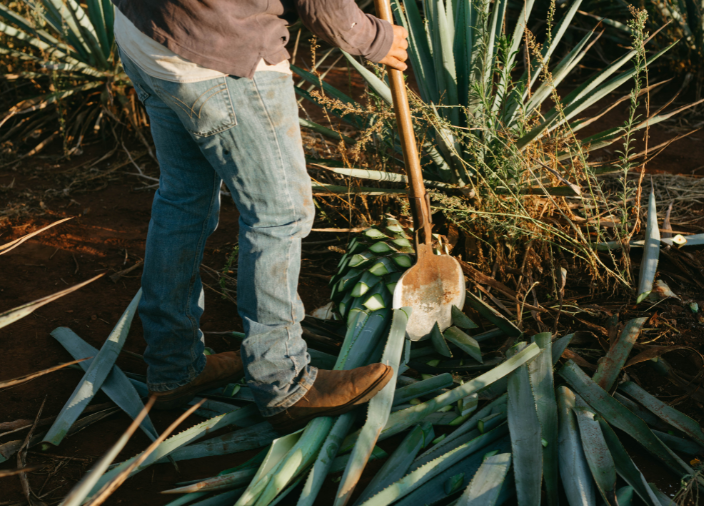
Other Agave Spirits
Mezcal: Noted for its characteristically smoky flavors, mezcal can be produced from right different varieties of the agave plant, like Espadin or Tobala. Most of the smoky notes derive from the production process, where the piña is roasted in stone-lined pits, crushed and added with water to a barrel to ferment.
Raicilla: Made from a range of agave that are roasted and typically single pot distilled. Raicilla is almost exclusively produced in Puerta Vallarta and the Occidental Mountains.
Sotol: Made from a succulent called dasylirion instead of agave. Sotol is a regional spirit from Chihuahua and observes many regulations like tequila.
Bacanora: An agave spirit made in the state of Sonora using only the Agave Angusifolia Espadin.
Tequila Recipes
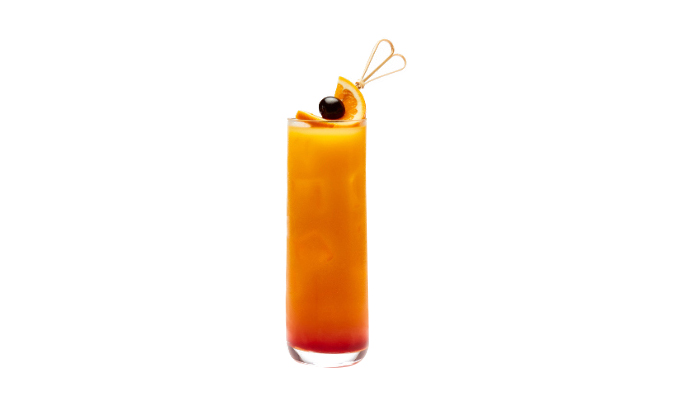
Tequila Sunrise
The Tequila Sunrise is said to be invented during the 1950s but was at its peak during the 1970s disco era. The original version used Crème de Cassis instead of Grenadine.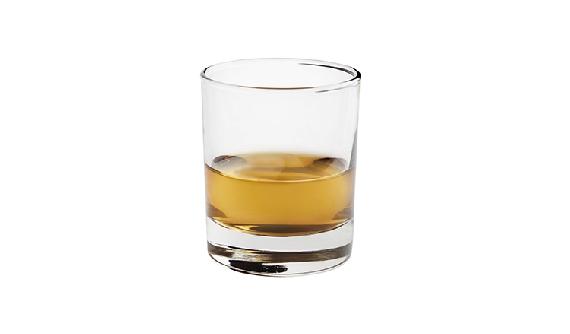
Añejo Tequila Neat
An exceptional Añejo. Aged in American white oak barrels, Don Julio Añejo Tequila has flavors of creamy vanilla, toffee roasted nuts and Gingerbread with a white chocolate, peppery finish - sip slowly.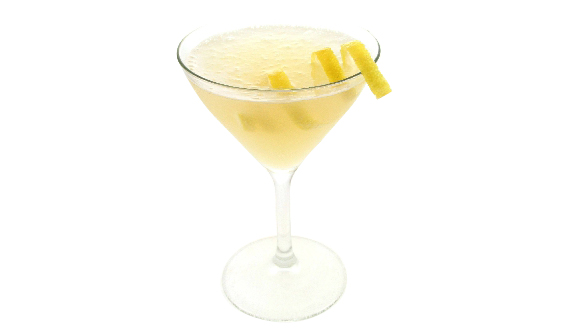
Pasion del Tequila
Indulge in the Pasion! An exotic blend of Don Julio Blanco Tequila chilled with Navan Vanilla Liqueur and Passion Fruit Syrup - simply exquisite!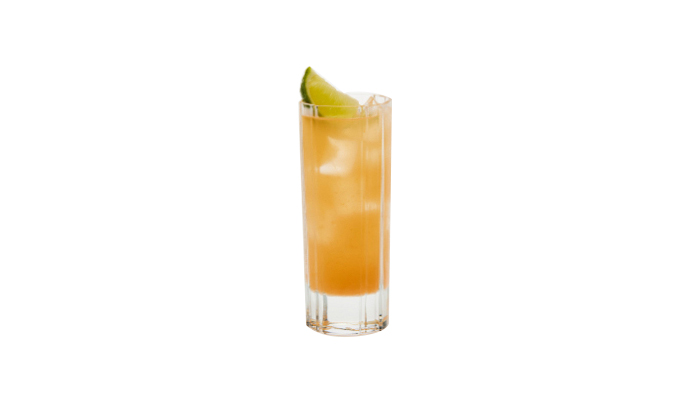
Reposado Tequila Breeze
Dreaming of those tropical breezes? Don Julio Reposado Tequila and Pink Grapefruit Juice on the rocks that's topped off with a Splash of Soda - the Caribbean is just a sip away.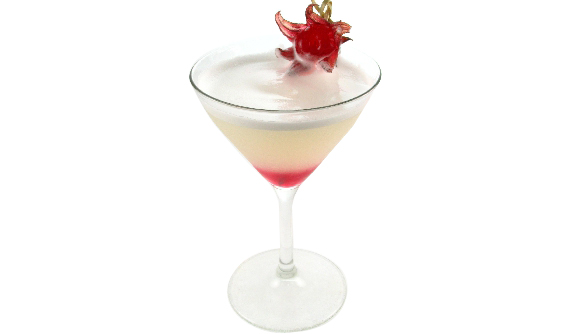
Tequila Flower Sour
Take a trip to the days of the silver screen! Don Julio Blanco Tequila chilled with Maraschino liqueur, Lemon and Egg White that's shaken and served straight up over Hibiscus Syrup - it's vintage glam!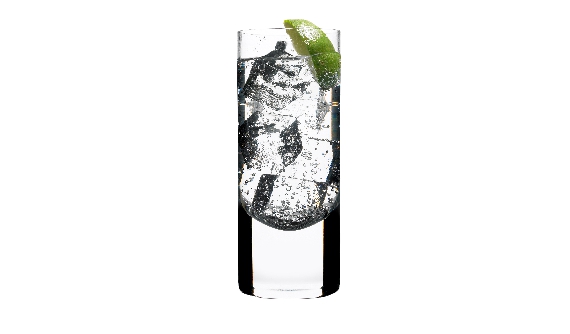
Tequila & Tonic
A smooth blend of herbal and citrusy Don Julio Blanco Tequila with crisp Tonic Water - it's deliciously fresh tasting and bubbly.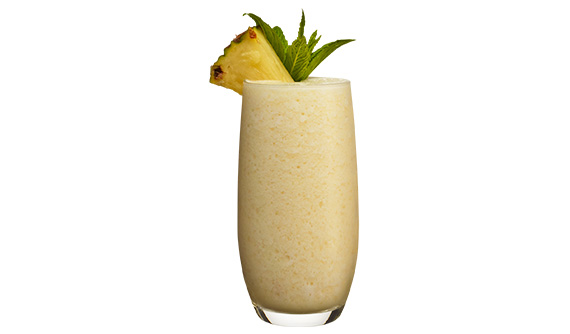
Tequila Tropical
A frozen tropical temptation! Don Julio Reposado Tequila blended with Ketel One Vodka, Light Rum, Tropical Juices and Cream of Coconut - cast off for paradise!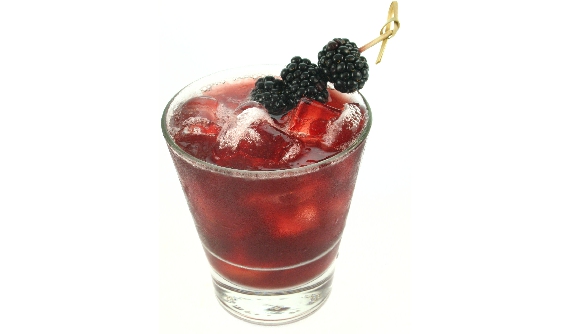
Tequila Violeta
This'll razzle dazzle your palate! Don Julio Blanco Tequila, Black Raspberry Liqueur, fresh Lime and Passion Fruit Syrup on the rocks and topped with Ginger Beer - an exotic fruit fusion with zing!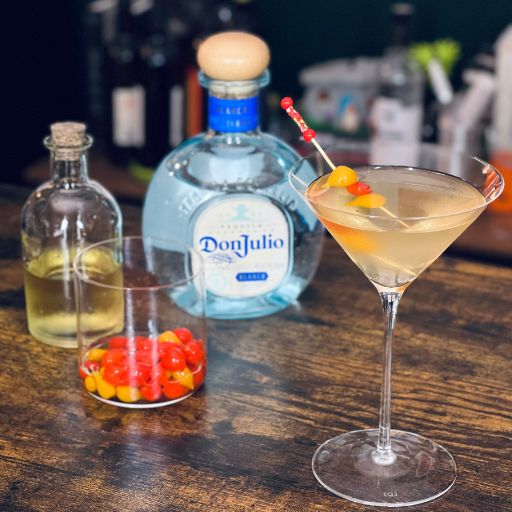
Peruvian Pepper Tequila Tini
A peppery minimalist masterpiece with the perfect balance of sweet and umami flavors.
Explore Our Brands
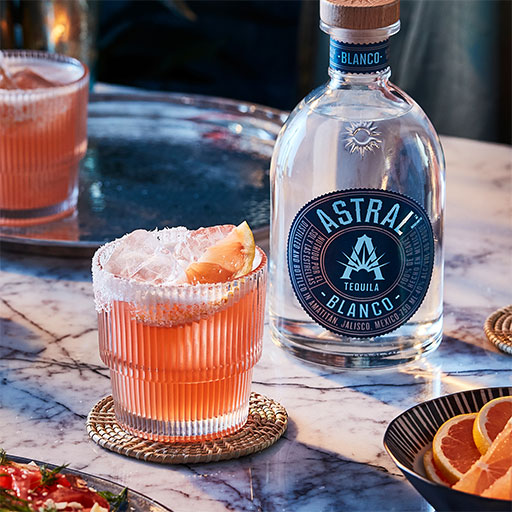
Astral
Astral is a more radiant tequila, crafted with bursts of citrus and notes of agave to brighten every cocktail and every moment. Find out more about Astral.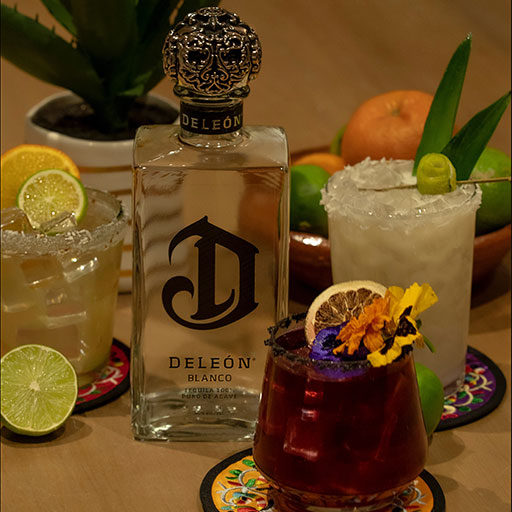
Deleón
Discover the exceptional taste of DeLeón Tequila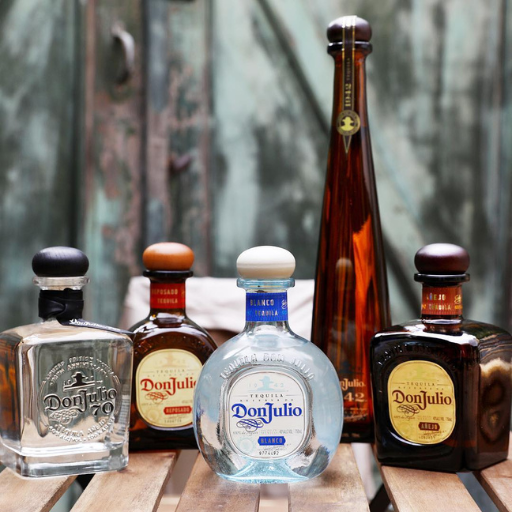
Don Julio
Named after its formidable founder, find out why Don Julio remains the premier luxury tequila around the world.
